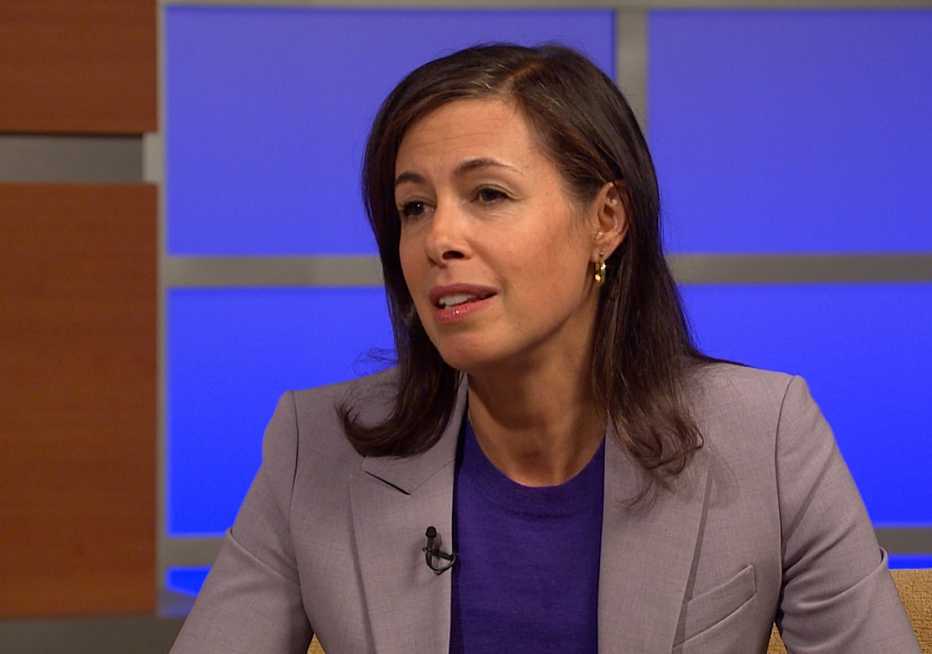AARP Hearing Center
In this story
AI disclosures sought • 1991 law cited • Misinformation easily created • Using AI for good • What you can do
The Federal Communications Commission wants robocallers to come clean in their use of artificial intelligence (AI).
The agency unanimously proposed steps Wednesday to protect consumers from AI-infused robocalls and robotexts. The proposed rules, subject to a comment period, also aim to clear a path for positive uses of AI technology, such as helping people who are hard of hearing or have a speech disability communicate by phone.
If enacted, the FCC will require callers and those sending text messages using AI to specifically disclose and obtain consumer consent for each use of the technology. Disclosures must be made at the start of a call. Transparency standards will also apply when AI is used in political ads on TV and radio.
Learn more
Senior Planet from AARP has free online classes to help you discover more about artificial intelligence.
AI- or prerecorded voice calls that people with disabilities make will be exempt from the requirements.
Robocalls have been in the FCC’s crosshairs for some time. Earlier this year in what was also a unanimous vote, the agency outlawed robocalls containing AI-generated voices, a decision that sends a clear message that exploiting the technology to scam people and mislead voters won’t be tolerated.
Old law targets new technological problems
That ruling targeted robocalls made with AI voice-cloning tools. The agency cited the Telephone Consumer Protection Act, a 1991 law restricting junk calls that use artificial and prerecorded voice messages.


View the chat on demand
See AARP’s conversation with FCC Chairwoman Jessica Rosenworcel in full at your convenience in AARP’s video library.
At the time, New Hampshire authorities were investigating AI robocalls that mimicked President Joe Biden’s voice to discourage people from voting in the state’s first-in-the-national-election primary in January.
The regulation empowers the FCC to fine companies that use AI voices in their calls or block the service providers that carry them. It opens the door for call recipients to file lawsuits and gives state attorneys general a new mechanism to crack down on violators, according to the FCC.
“Bad actors are using AI-generated voices in unsolicited robocalls to extort vulnerable family members, imitate celebrities and misinform voters,” FCC Chairwoman Jessica Rosenworcel said. “We’re putting the fraudsters behind these robocalls on notice.”








































































More From AARP
Can I Trust Search Results from Google’s Gemini AI bot?
Artificial intelligence and search are merging rapidlyYour Veterinarian May Be Using AI to Treat Your Pet. Is That OK?
Artificial intelligence can make difficult diagnoses quickly, but there are downsides. Here’s what to knowRecommended for You